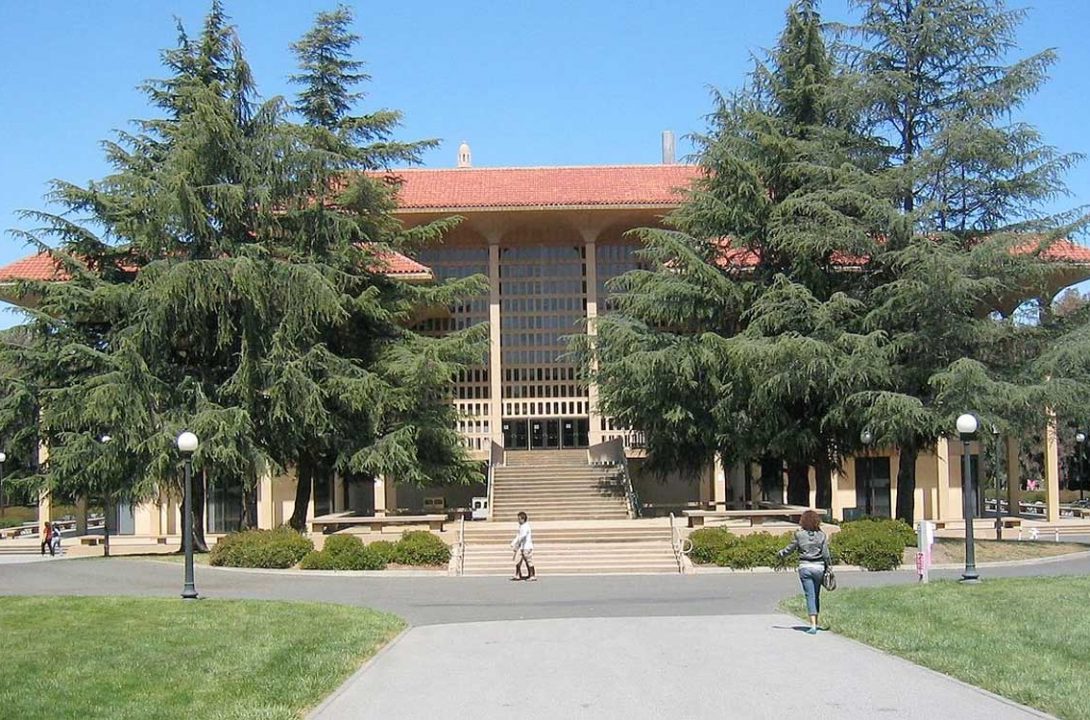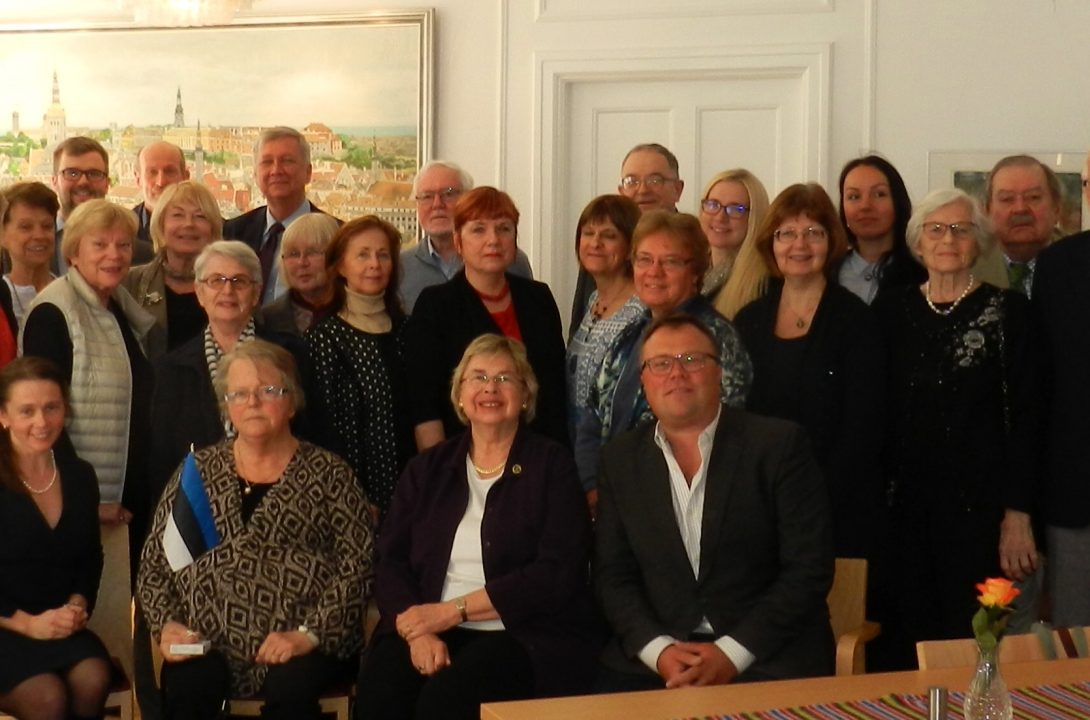Elin Toona Gottschalki “Into Exile: a life story of war and peace,” saab auhinna / wins award
December 20, 2013Tõnu Kaljuste wins a Grammy in the Best Choral Performance category for his work on Arvo Pärt’s “Adam’s Lament”!
January 30, 2014Estonian American Kalev H. Leetaru honored as one of Foreign Policy Magazine’s top 100 Global Thinkers of 2013.
Kalev H. Leetaru has been honored as one of Foreign Policy Magazine’s top 100 Global Thinkers of 2013, an enormously prestigious award which recognize “the world’s most exciting people… [who have] made a measurable difference in politics, business, technology, the arts, the sciences, and more.” Kalev is being recognized as one of the world’s 100 most important innovators changing the way we use big data to understand the world around us: “For building a
tool that could
predict the future.” 

Foreign Policy Magazine continues: “Kalev Leetaru has a mind for the 21st century, but the soul of an ancient prophet. A master of “big data,” Leetaru uses high-powered algorithms to analyze vast quantities of news reports and other publicly available intelligence, enabling him to see previously hidden patterns in economic and political developments.
In 2013, he established the Global Database of Events, Language, and Tone (GDELT), an enormously ambitious project that could become the go-to information trove for social scientists of all stripes. The database, which has generated a frenzy of excitement among journalists and tech geeks, among others, is a catalog of more than 200 million social and political events going back all the way to 1800—everything from speeches to epidemics to wars. And gdelt adds between 30,000 and 100,000 events each day, based on contemporary news coverage.
The database can be used to map the connections among events, people, and ideas. Indeed, Leetaru envisions his project as a powerful way of understanding how and why things happen, which, in turn, could help us plan better for the future. Leetaru imagines a world in which big data has revolutionized every field—from medicine, where we could track disease outbreaks in real time, to peace-building, where we could predict patterns of violence. That future may not be far off: By analyzing news reports from the weeks leading up to the event, Leetaru found that the world just might have predicted the 2011 Egyptian revolution.
‘People talk about oceans of information,’ Leetaru said. ‘If you look below the surface, there’s a whole world of latent information that we’re just beginning to try to understand.'”


